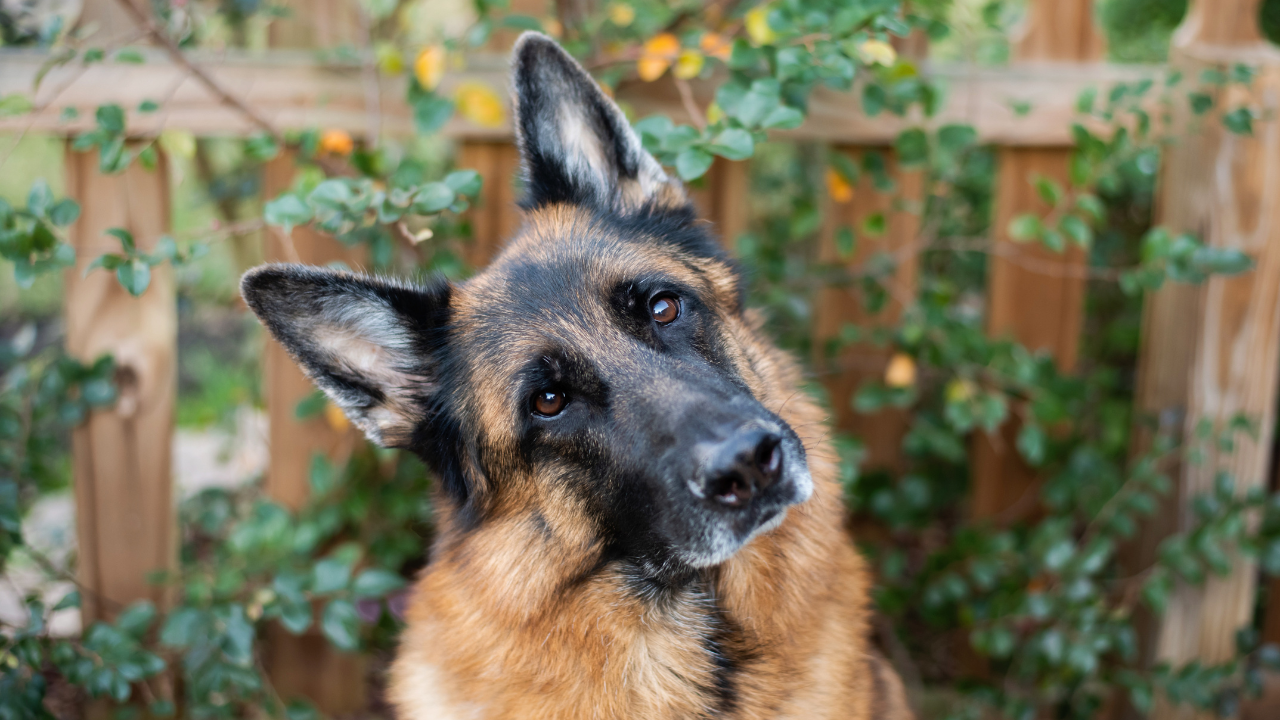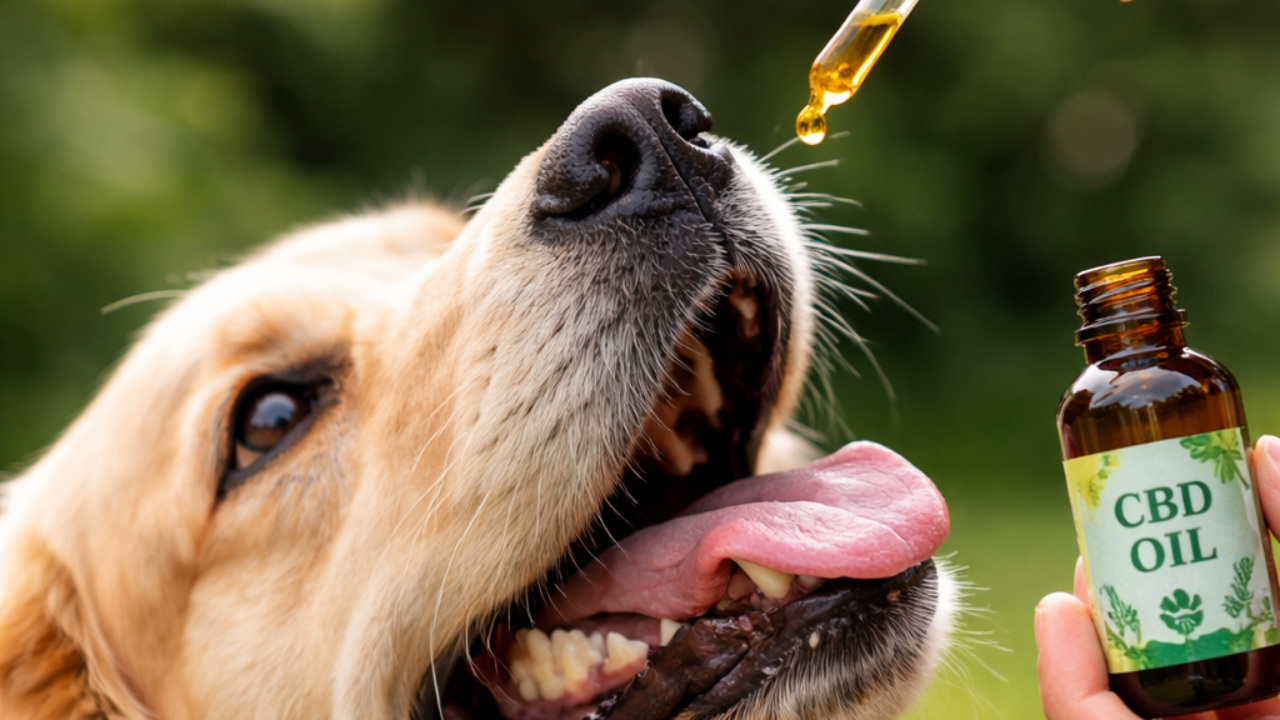Common Questions About Dog Cancer Vaccines
Oct 17, 2024
Cancer is a leading cause of death in dogs, much like in humans. However, advancements in veterinary medicine have opened new avenues for treating canine cancer through immunotherapy. In this article, we’ll explore the various treatments available, focusing on canine cancer immunotherapy, dog cancer vaccines, and the cost of canine cancer vaccines.
What is Canine Cancer Immunotherapy?
Canine cancer immunotherapy is a medical approach that uses the dog's immune system to fight cancer cells. It can involve different strategies like cancer vaccines, immune checkpoint inhibitors, and adoptive cell therapy. The aim is to strengthen or restore the dog’s immune defenses, helping the body identify and destroy cancer cells.
Types of Canine Cancer Immunotherapy
The types of canine cancer immunotherapy include:
- Cancer Vaccines: These are designed to trigger an immune response against cancer cells.
- Immune Checkpoint Inhibitors: They block proteins that prevent the immune system from attacking cancer cells.
- Adoptive Cell Therapy: This method enhances the dog’s immune cells to fight cancer effectively.
How Does a Dog Cancer Vaccine Work?
A dog cancer vaccine introduces specific antigens that are present on cancer cells into the dog's body. The immune system then identifies these antigens as threats and attacks the cancer cells. Some vaccines, like the one developed for melanoma, have shown promising results.
Benefits of Cancer Shots for Dogs
- Targeted Treatment: Vaccines focus directly on cancer cells, minimizing damage to healthy tissues.
- Fewer Side Effects: Unlike chemotherapy, immunotherapy usually has fewer and milder side effects.
- Long-Term Immunity: Some vaccines can offer lasting protection. They help the immune system learn to recognize and fight cancer cells.
Dog Cancer Vaccine: An In-Depth Look
There are several dog cancer vaccines currently available, with melanoma vaccines being the most common. Others are under development or in clinical trials for different types of tumors such as lymphoma, osteosarcoma, and hemangiosarcoma.
The Science Behind Dog Cancer Vaccines
Dog cancer vaccines work by stimulating the immune system to attack cancer cells. They may use modified viruses or other vectors to present cancer-specific antigens, triggering an immune response.
The most studied and widely available vaccine is for canine melanoma, which has shown effectiveness in extending survival times.
Common Cancer Types Treated with Vaccines
- Melanoma: The first FDA-approved cancer vaccine for dogs.
- Lymphoma: Research is ongoing for developing vaccines specific to canine lymphoma.
- Osteosarcoma: This aggressive bone cancer is a focus for several experimental vaccines.
The Process of Administering a Cancer Shot for Dogs
Before a cancer vaccine is administered, a veterinarian will conduct a thorough health evaluation. This might include blood tests, imaging scans, and a biopsy to confirm the cancer type and stage.
How the Cancer Shot is Administered
Cancer vaccines are typically injected under the skin or into the tumor itself. The number of doses depends on the specific vaccine and the dog’s response to treatment.
Monitoring and Aftercare
After administering the shot, veterinarians closely monitor the dog for any adverse reactions or side effects. Regular follow-up appointments ensure that the treatment is working effectively.
Factors Influencing the Cost of Canine Cancer Vaccines
The following factors influence the cost of dog cancer vaccines:
- Type of Vaccine: Melanoma vaccines tend to be more expensive due to their development costs.
- Veterinary Expertise: Treatment at specialized oncology centers may cost more.
- Additional Treatments: Often, vaccines are used alongside other therapies, increasing overall expenses.
Average Cost Breakdown of Dog Cancer Vaccines
The cost of canine cancer vaccines can range between $1,000 and $5,000 per dose, depending on the treatment center and the specific type of cancer.
Comprehensive treatment plans may involve multiple doses and follow-up care.
Financial Assistance Options
Some pet insurance plans cover cancer treatments, including immunotherapy, but coverage varies. It’s essential to check with your provider and explore financial aid programs for pet owners.
Effectiveness and Success Rates of Canine Cancer Vaccines
Clinical studies have shown that melanoma vaccines, for example, can significantly extend survival times for dogs when used in conjunction with surgery. Research is ongoing for other cancer types, and initial results are promising.
Success Rates Across Different Breeds and Cancer Types
Success rates depend on several factors, including the dog’s breed, age, and cancer stage. Larger breeds and those with early-stage cancers respond better to immunotherapy.
Long-term Benefits and Limitations of Vaccination
Vaccines can provide long-term protection, but their effectiveness may vary. Some dogs require booster doses, and the response rate can be inconsistent.
FAQs about Canine Cancer Immunotherapy
What is the success rate of canine cancer vaccines?
Success rates vary based on cancer type and stage but can improve survival times significantly, particularly for melanoma.
How much does a canine cancer vaccine cost on average?
The cost typically ranges from $1,000 to $5,000 per dose, depending on the type of vaccine and location.
Are there side effects to cancer shots for dogs?
Common side effects include mild fever and injection site swelling, but severe reactions are rare.
How often does a dog need cancer vaccine shots?
Frequency depends on the specific vaccine and cancer type, but some require multiple doses or boosters.
Can pet insurance cover canine cancer immunotherapy?
Many pet insurance policies cover cancer treatments, but it’s crucial to verify coverage specifics.
Are canine cancer vaccines available globally?
While the melanoma vaccine is widely available in North America, availability may vary in other regions.
The Benefits Outweigh the Burden
Canine cancer immunotherapy offers a promising avenue for treating cancer in dogs, with vaccines leading the charge in extending survival rates and improving quality of life. While the costs can be substantial, the benefits often outweigh the financial burden, particularly when covered by insurance or support programs.
Become a Dog Cancer Coach.
Transform your passion for dogs into a meaningful, heart-led career with our Holistic Dog Cancer Coach Certification—an in-depth, flexible online program designed for compassionate caregivers ready to make a difference.
Stay connected with news and updates!
Join our mailing list to receive the latest news and updates from our team.
Don't worry, your information will not be shared.
We hate SPAM. We will never sell your information, for any reason.





